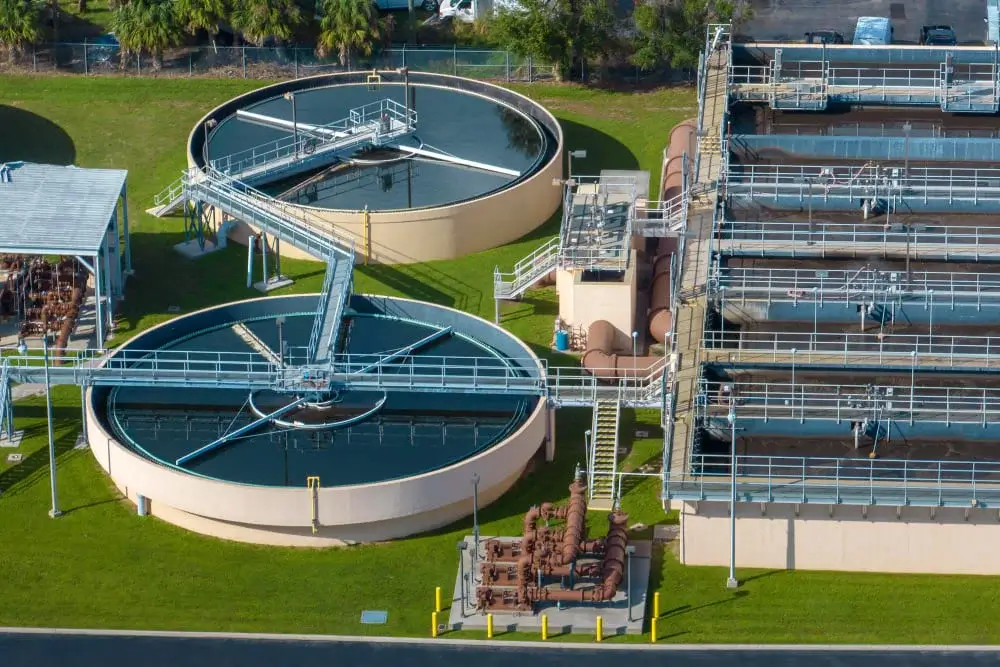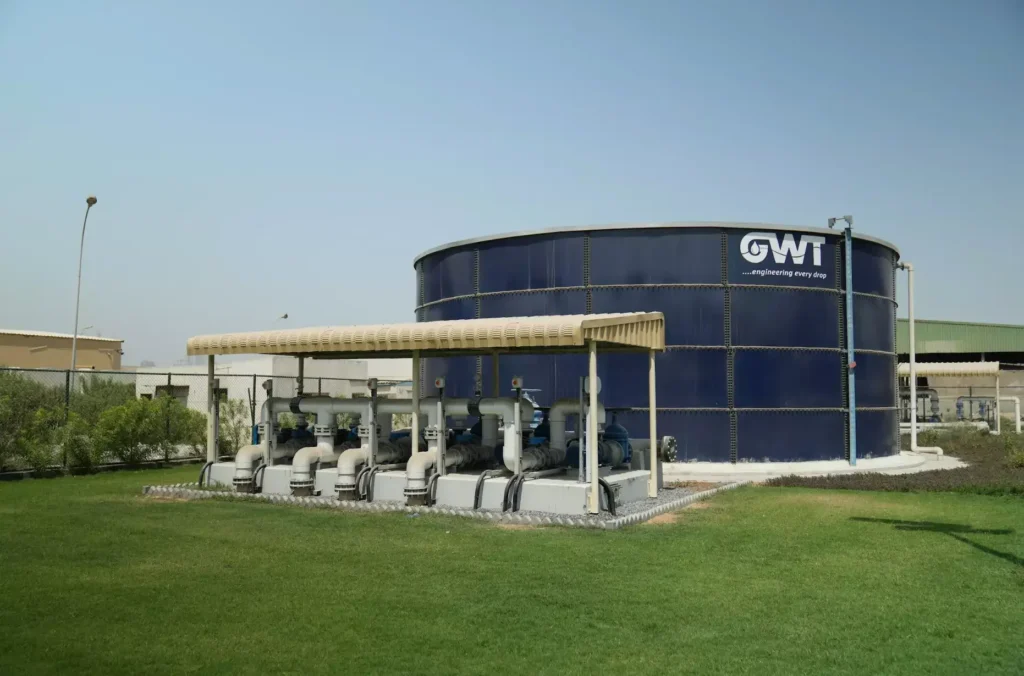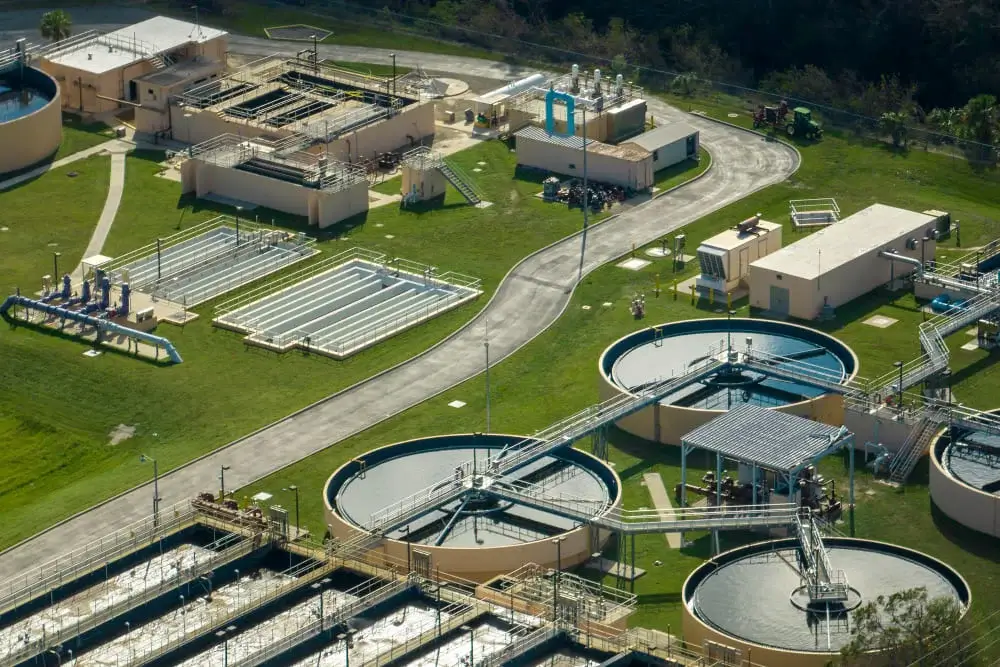The Science Behind Seawater Desalination: Processes and Principles
The Science Behind Seawater Desalination: Processes and Principles People have looked out at the vast oceans with a hint of despair for thousands of years. Freshwater, which is essential for life, is still hard to come by in many places of the world. On the other hand, seawater, which seems to have no limits, holds the exciting promise of a solution. Desalination is a group of clever technologies that turn salty seawater into drinkable water, which is very valuable. But how exactly does this magic of science work? Hold on tight, because we’re about to go deep into the interesting world of Gulf water treatments, the sea water desalination plant supplier in Dubai, and how they work and what they believe in. Demystifying Seawater Desalination In its simplest form, desalination is just taking the dissolved salts out of the ocean. Because of these dissolved salts, mostly sodium chloride (table salt), the ocean is not safe for people to drink or for farming. There are two main ways that desalination methods separate these two types of water: thermal desalination and membrane separation. Thermal Desalination vs. Membrane Separation Putting Old Methods to New Use: Thermal desalination is the oldest method of desalination and has been around for hundreds of years. The basic idea behind it comes from evaporation, which is the process by which a liquid turns into a gas at a certain temperature. Picture heating up a big pot of seawater. The water evaporates, leaving the rich brine solution at the bottom. It is then gathered and turned into a liquid that, strangely, doesn’t have much salt in it. Multi-stage flash distillation (MSF) is a common variation on this method. It uses a number of chambers with lower and lower pressures to make boiling less energy-intensive. Reverse osmosis is the main event: Pressure is used in membrane separation, which is the new kid on the distillation block. A semipermeable membrane works as a selective barrier in this case. Imagine a very small sieve that only lets water molecules through and stops the bigger salt ions from getting through. When you put a lot of pressure on the saltwater feed solution, the water molecules are pushed through the membrane. On one side is a stream that has been desalinated, and on the other is a concentrated brine solution. It is clear that reverse osmosis (RO) is the best method in this group. It uses less energy than steam desalination and is better for large-scale uses. Considering the Nuances of Desalination Technology Energy Efficiency: The Quest for a Sustainable Future While desalination is great for dry areas, it uses a lot of energy, which isn’t ideal. It is well known that thermal desalination, especially MSF, uses a lot of energy. However, improvements in RO technology and the use of clean energy sources like solar and wind power are making desalination more environmentally friendly. Environmental Impact: Mitigating Brine Discharge The effect of purification on the environment is another important thing to think about. The process makes brine, which is a strong salt solution that can damage sea life if it is not thrown away properly. For example, sea water desalination plant supplier in Dubai is always coming up with new ways to reduce the amount of brine they use, such as zero liquid discharge (ZLD), which is better for the climate. How a Seawater Desalination Plant Supplier in Dubai Can Help Moving from saltwater to freshwater is not easy, but it is possible with the right knowledge. Gulf Water Treatment is a top of sea water desalination plant supplier in Dubai. They know how to balance technology, sustainability, and environmental duty in a way that works for everyone. We offer a full range of desalination services, from state-of-the-art RO plants to expert advice, to help you find your way in the desalination world, which is always changing. Let’s do something about the lack of water together.











